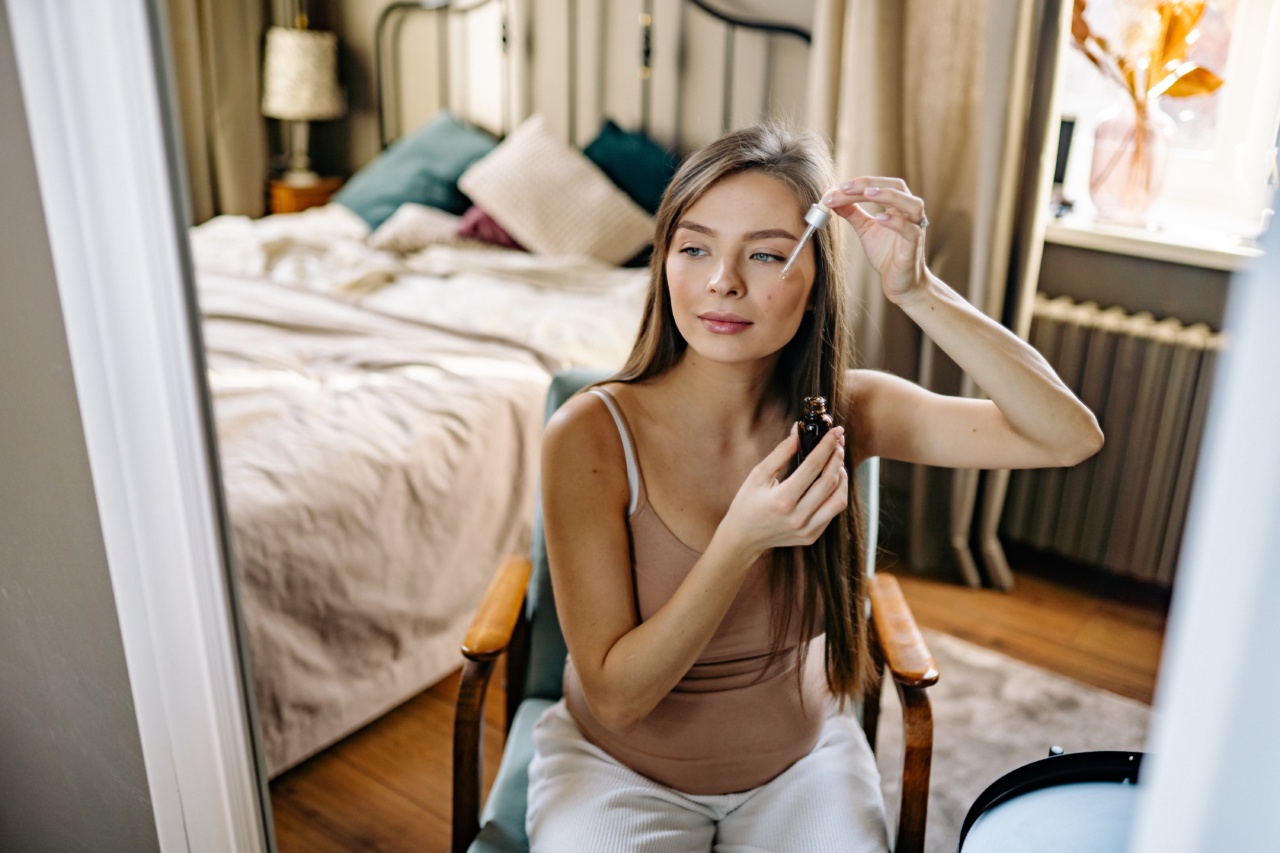Essential oils have been used for centuries for their therapeutic benefits. They are extracted from plants, and the oils can be used for their aroma, beauty, and health benefits.
However, there are some common mistakes people make when using essential oils, and these mistakes can lead to adverse effects. This article discusses the common mistakes people make when using essential oils and how to avoid them.
Using Essential Oils Without Diluting Them
One of the most common mistakes people make when using essential oils is using them without diluting them. Essential oils are potent, and using them undiluted can cause skin irritation, redness, or even burns.
To avoid this, it is recommended that you dilute essential oils with a carrier oil such as coconut oil, jojoba oil, or sweet almond oil.
Using Essential Oils Internally
Another common mistake people make is using essential oils internally. Essential oils are designed for external use only, and ingesting them can be harmful.
Some essential oils can be toxic when ingested, and even a small amount can cause adverse reactions such as vomiting, diarrhea, or seizures. It is recommended that you only use essential oils externally, and if you want to use them internally, consult with a qualified aromatherapist or healthcare professional first.
Not Patch Testing Essential Oils
Before using essential oils, it is important to patch test them first. Some people can be allergic to certain essential oils, and applying them directly to the skin can cause a reaction.
To do a patch test, dilute the essential oil with a carrier oil and apply a small amount to the inside of your elbow or wrist. Wait 24-48 hours to see if there is any redness, itching, or swelling. If there is no sign of a reaction, the oil is safe for use.
Using Essential Oils During Pregnancy
Using essential oils during pregnancy can be harmful, and you should always consult with your healthcare provider before using them. Some essential oils can cause contractions, and others can be toxic to the fetus.
It is recommended that pregnant women avoid using essential oils during the first trimester or consult with a qualified aromatherapist or healthcare professional before use.
Not Storing Essential Oils Properly
Essential oils are volatile and can deteriorate over time if not stored properly. They should be kept in dark glass bottles and stored away from heat, light, and moisture.
Direct sunlight can cause the oils to break down, and moisture can cause them to grow bacteria and fungi. Proper storage can help preserve the potency and efficacy of the oils.
Using Essential Oils Without Proper Research
Not all essential oils are created equal, and some can have adverse effects on different individuals. Before using any essential oil, you should research its benefits, risks, and proper usage.
Some essential oils can interact with certain medications, and it is important to know how to use them safely. You can consult with a qualified aromatherapist or healthcare professional if you have any questions or concerns.
Using Essential Oils Too Much
Using essential oils too much can lead to adverse effects such as headaches, nausea, or skin irritation. It is recommended that you only use essential oils as needed and follow the recommended guidelines for usage.
Overuse can also cause your body to become resistant to the benefits of the oils, and they may no longer be effective.
Using Low-Quality Essential Oils
Not all essential oils are created equal, and some low-quality oils may be adulterated or contain synthetic ingredients. When using essential oils, it is important to choose high-quality oils that are pure and natural.
You can look for oils that are labeled as organic, therapeutic grade, or have been tested by a third-party. Quality oils can provide greater benefits and reduce the risk of adverse effects.
Using Essential Oils on Children
Using essential oils on children can be tricky, and you should always consult with a healthcare provider before use. Some essential oils can be too potent for children, and others can cause adverse reactions.
It is recommended that you use essential oils in moderation and dilute them with a carrier oil such as coconut oil or grapeseed oil. Essential oils should also be kept out of reach from children.
Not Following Recommended Guidelines
Finally, not following the recommended guidelines for using essential oils can lead to adverse effects. Each essential oil has its own recommended usage, and it is important to follow the guidelines to ensure safe use.
Some essential oils should not be used on certain areas of the body or for certain medical conditions. Always read the label and consult with a qualified aromatherapist or healthcare professional before using essential oils.


























